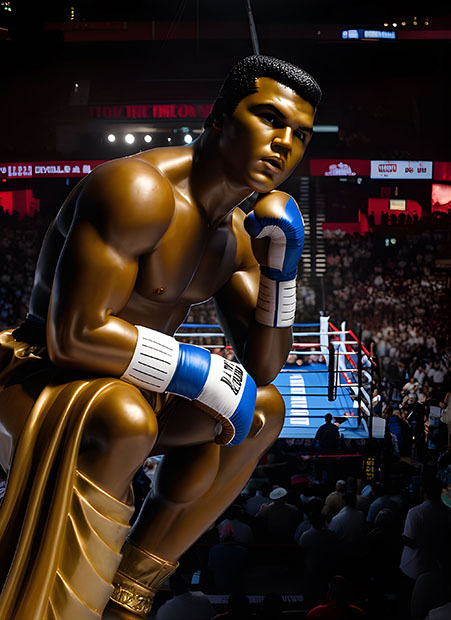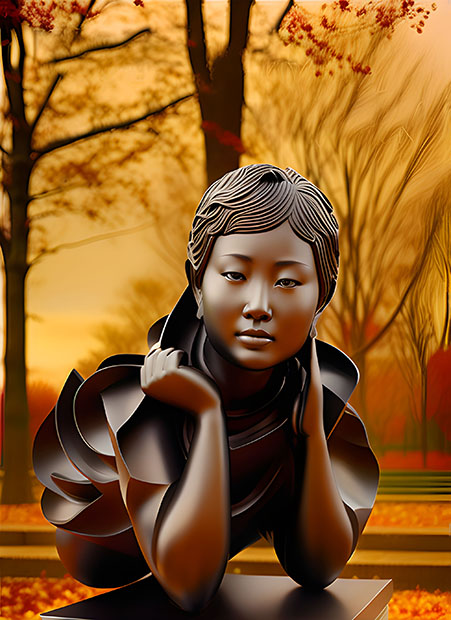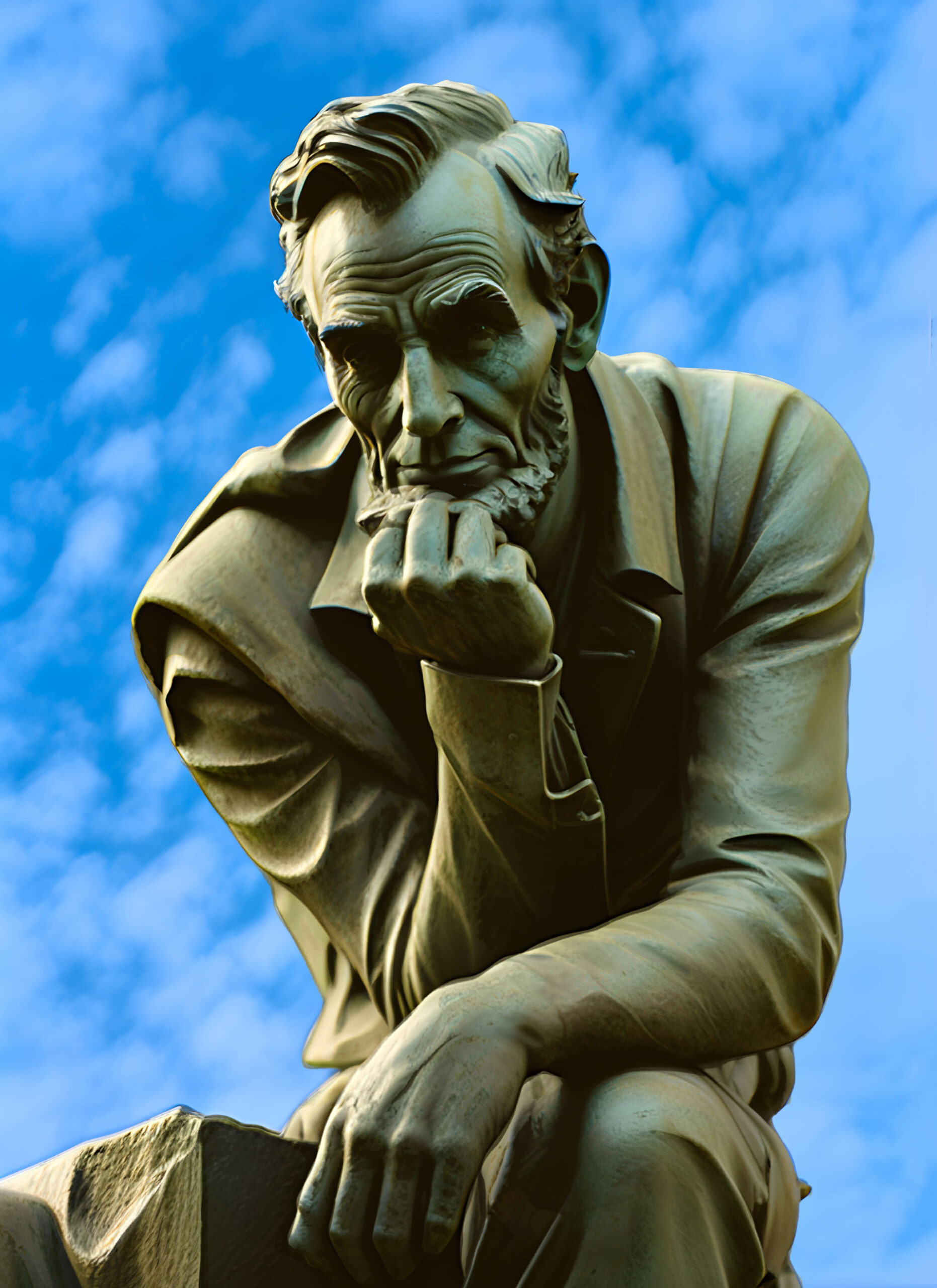Abraham Lincoln, the 16th President of the United States, is a towering figure in American history. Born in 1809 in a one-room log cabin in Kentucky, he rose from truly humble beginnings to become a self-taught lawyer and a prominent political leader. His political journey began in Illinois, where he served in the state legislature and later in the U.S. House of Representatives. He gained national attention for his debates with Stephen A. Douglas during the 1858 Senate race, articulating his opposition to the expansion of slavery with remarkable moral clarity and intellectual depth.
Elected as a Republican in 1860, Lincoln’s presidency was dominated by the Civil War. He was committed to preserving the Union and believed that the United States was a nation founded on the principle that all men are created equal. His leadership was crucial in navigating the country through its most challenging period, showing both strategic wisdom and moral courage. In 1863, he issued the Emancipation Proclamation, declaring the freedom of slaves in Confederate-held territories, redefining the war as a struggle not just for the Union, but also for human freedom. His Gettysburg Address that same year remains one of the most powerful statements of democratic principles ever delivered.
Lincoln’s vision of a “new birth of freedom” laid the groundwork for the 13th, 14th, and 15th Amendments, which abolished slavery and established civil rights for all Americans. Unfortunately, his assassination in 1865 by John Wilkes Booth tragically cut short his ability to make his hopes for America a reality. Lincoln’s legacy endures as a symbol of equality, democracy, and the enduring struggle for justice. His life and leadership continue to inspire generations in the pursuit of a just and more perfect union.
Abraham Lincoln’s Statue
The statue captures Lincoln in a moment of deep and troubled thoughts. Cast in weathered bronze with a rich patina, the piece conveys both the weight of his responsibilities and his hopes for the future, by forcing viewers to look up into the blue sky. Lincoln’s furrowed brow and intense gaze suggest the internal struggles of a leader facing unprecedented challenges, while the informal, slightly hunched posture makes him appear more human than icon; both historically significant and personally accessible.
More Thinkers to Explore

Muhammad Ali

Maya Lin

John Lennon

